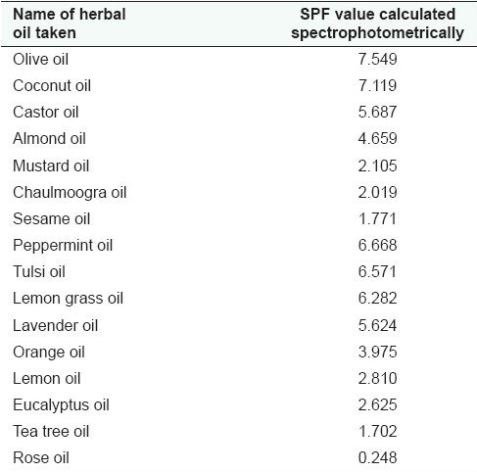I love coconut oil. Like most semi-crunchy moms, I always have it on hand and use it for a ton of different things. It’s truly magical stuff. A lot of moms really love coconut oil. I’ve heard moms talk about coconut oil like Bubba talked about the different ways you can cook and eat shrimp in Forrest Gump.
Put it in your hair. Put it in your coffee. Put it on your baby’s butt. Put it in your smoothie. Put it on your body… If you search for coconut oil on Pinterest, you’ll get approximately 312895833289 results. Lots of lists titled, “101 Uses for Coconut Oil” and “The Many Benefits of Coconut Oil”. Some of the lists contain seriously impressive uses and big claims. One of the common claims is that coconut oil can be used as a sunscreen. I was particularly interested in this because Daniel inherited my white, Irish, ghost skin. So, protection from that evil ball of fire in the sky is a big deal in this house.
The claim that coconut oil protects as well as sunscreen is everywhere– mom blogs, health websites, Pinterest. Every time I’ve seen the claim, I haven’t seen any evidence to support it, not even anecdotal evidence. Like this article, “Ditch the toxic sunscreen, use coconut oil instead”:
Bruce Fife, ND, author of Coconut Cures: Preventing and Treating Common Health Problems with Coconut Oil, explains that coconut oil applied on the skin protects against sunburn and cancer. Unlike sunscreen, unprocessed coconut oil doesn’t completely block the UVB rays that are necessary for vitamin D synthesis. It protects the skin and underlying tissues from damage excessive exposure can cause. Instead of burning or turning red, it produces a light tan, depending on the length of time you spend in the sun.
Well, it sounds great. But would I, personally, slather myself and my baby up with coconut oil and go to the beach? Absolutely not.
The claim that coconut oil is a sunscreen isn’t completely untrue. According to this study, coconut oil and other herbal oils do protect against ultra violet radiations. The issue is that they don’t provide much protection. 
Coconut oil has a SPF of just about 7. Now, we can get into a big hairy discussion about SPF values and whether a higher SPF really offers enough protection, blah, blah, blah. But, let’s just keep it simple. This is a pretty good dissection of what SPF value really means. With a SPF of 7, you’re still exposed to a lot of UVB rays. The AAP recommends applying sunscreen with a SPF of at least 15. Sunscreen with a SPF of 7 isn’t recommended for anyone.
So, coconut oil does offer a bit of protection. But, it’s an oil, right? Just like if you apply slick, shiny baby oil, coconut oil will attract the sun and increase your chance of getting a sunburn. If we could convince two people to be our sunscreen guinea pigs and apply a sunscreen with SPF 7 to one and coconut oil on the other, the person with coconut oil would likely burn faster than the person with SPF 7. Even though coconut oil offers some sun protection, the fact that it attracts the sun doesn’t make it a good sunscreen option.
Sunburns are more than just an irritation. One awful sunburn can more than double a child’s chance of developing melanoma later in life. So, sunscreen is kiiiind of important. If you’re concerned about the toxins and icky stuff in commercial sunscreens, check out some of the options from Earth’s Best, Badger, Burt’s Bees, TruKid, Babo or Babyganics.
So, can coconut oil be used as a sunscreen? Technically, yes. Should you use it? No.

